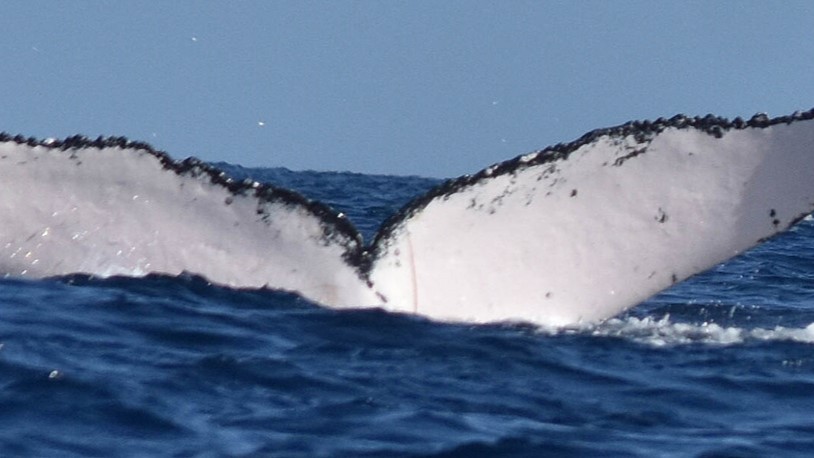News release
From:
The Royal Society
Interbreeding area movement of an adult humpback whale between the East Pacific Ocean and Southwest Indian Ocean
Royal Society Open Science
An adult male humpback whale was documented traveling an extraordinary distance between breeding areas in the East Pacific and Southwest Indian Oceans. This journey has the longest recorded great-circle distance between sightings in different breeding areas for the species and highlights surprising flexibility in whale migration patterns. Such rare movements may be adaptive responses to environmental changes, shifting food sources, or mating strategies. The study underscores the importance of international collaboration and citizen science to understand the broad, interconnected range of these remarkable marine mammals and how global changes may affect their migratory behaviors.
Attachments
Note: Not all attachments are visible to the general public.
Research URLs will go live after the embargo ends.

Other
Happy Whale, Web page
The whale sightings

Research
The Royal Society, Web page
Please link to the article in online versions of your report (the URL will go live after the embargo ends).
Journal/
conference:
Royal Society Open Science
Organisation/s:
Southern Cross University, Bazaruto Center for Scientific Studies, Mozambique
Funder:
Funding from The Rufford Foundation for Nature Conservation (reference number 13371-2 April 2013),
Sigma XI and Colciencias/MinCiencias (now Ministerio de Ciencia y Tecnología) overseas PhD Program, September
2012–December 2017) were instrumental for Macuáticos’ research in the Gulf of Tribugá. Research was conducted
with permission from Los Riscales Community Council. Many thanks to G. Moreno, A. Mosquera and C. Martínez
for their tremendous help in the field.a nTzanian research has been self-funded by PI E. Kalashnikao



 Australia; International
Australia; International



